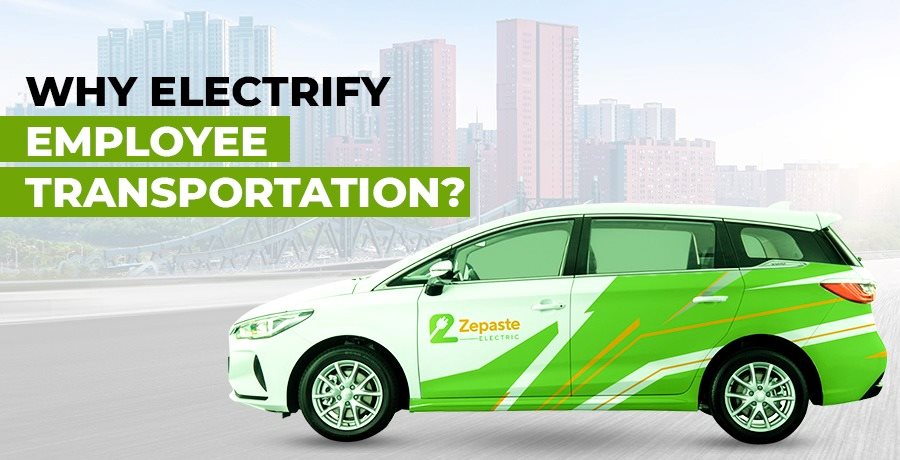
In today's rapidly changing world, the importance of sustainable practices has become more critical than ever before. With the alarming effects of climate change and environmental degradation, it is clear that organizations must take proactive steps to reduce their carbon footprint. One area with significant potential for sustainability improvements is employee transportation. Transitioning to electric vehicles (EVs) for employee commuting not only aligns with corporate social responsibility goals but also brings numerous benefits for both the employer and the environment.
First and foremost, electrifying employee transportation significantly reduces greenhouse gas emissions. Traditional fuel-powered vehicles contribute to air pollution and are major contributors to global warming. By switching to EVs for employee commuting, organizations can greatly reduce their carbon emissions, thus mitigating their environmental impact. This shift toward cleaner transportation demonstrates a commitment to sustainability and sets a positive example for others to follow.
Moreover, electrifying employee transportation can lead to cost savings in the long run. While the initial investment in EVs and charging infrastructure may seem substantial, the operational costs of electric vehicles are generally lower than those of traditional vehicles. EVs have fewer moving parts, require less maintenance, and can be charged at a fraction of the cost of gasoline or diesel. Additionally, some governments provide incentives and tax breaks for companies that adopt electric vehicles, further enhancing the economic benefits of electrification.
Beyond environmental and financial benefits, electrifying employee transportation can also improve employee satisfaction and productivity. Providing electric vehicles for commuting demonstrates a commitment to employee well-being and enhances the company's reputation as a progressive and socially responsible organization. EVs offer a quieter and smoother ride compared to traditional vehicles, creating a more comfortable commuting experience for employees. Moreover, the availability of EV charging stations at the workplace eliminates the hassle of searching for charging stations and ensures that employees can charge their vehicles easily while at work.
In light of these benefits, companies looking to electrify their employee transportation fleet should consider Zepaste electric vehicles. Zepaste is a leading manufacturer of electric vehicles known for their reliability, performance, and sustainability. Their electric vehicles are equipped with advanced features such as regenerative braking, smart navigation systems, and fast-charging capabilities, ensuring a seamless and efficient driving experience for employees.
Furthermore, Zepaste electric vehicles are designed with sustainability in mind. They are manufactured using eco-friendly materials and incorporate energy-efficient technology to reduce environmental impact throughout their lifecycle. By choosing Zepaste electric vehicles for employee transportation, companies can demonstrate their commitment to sustainability while reaping the benefits of cost savings and enhanced employee satisfaction.
In conclusion, electrifying employee transportation is a crucial step toward building a more sustainable future. By transitioning to electric vehicles, companies can reduce their carbon footprint, save costs, and improve employee well-being. Zepaste electric vehicles offer a reliable and sustainable solution for companies looking to embrace clean transportation and lead the way toward a greener tomorrow. Join the movement toward electrification and drive toward a brighter, cleaner future with Zepaste electric vehicles.





